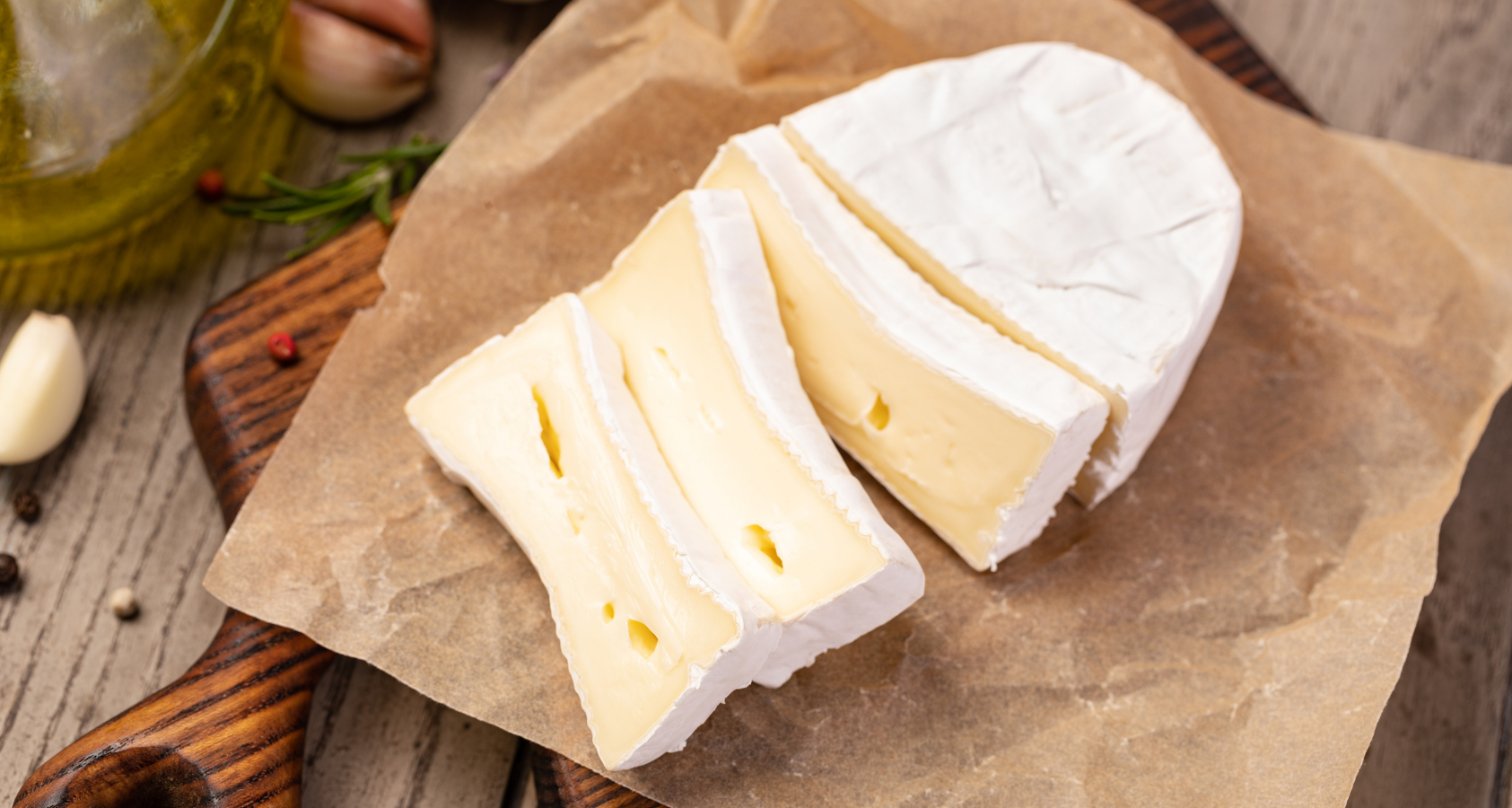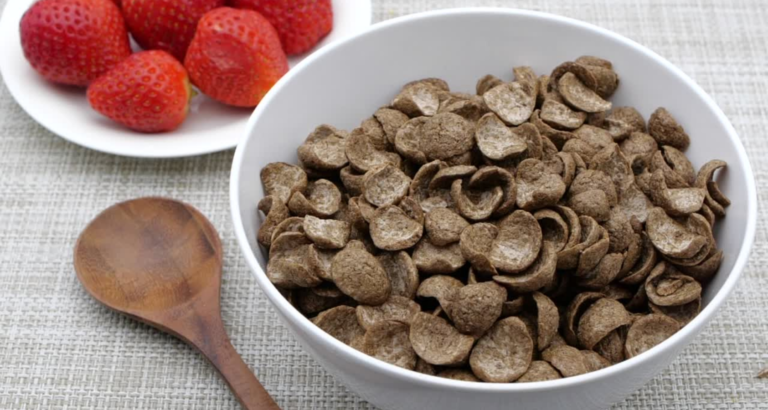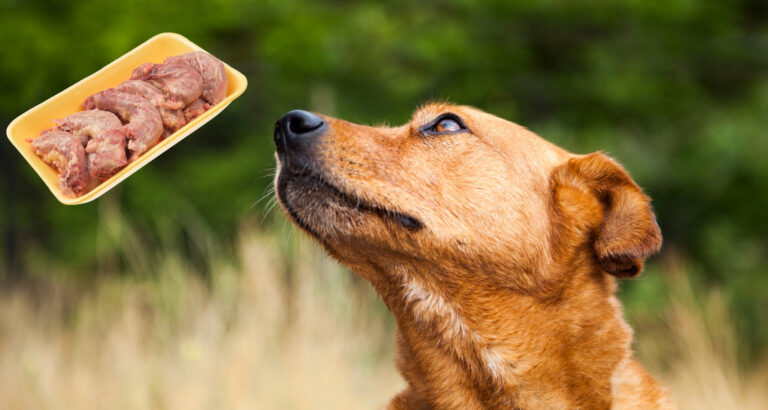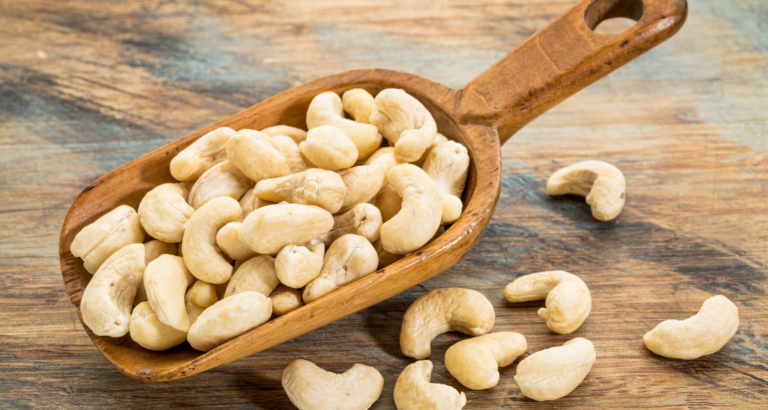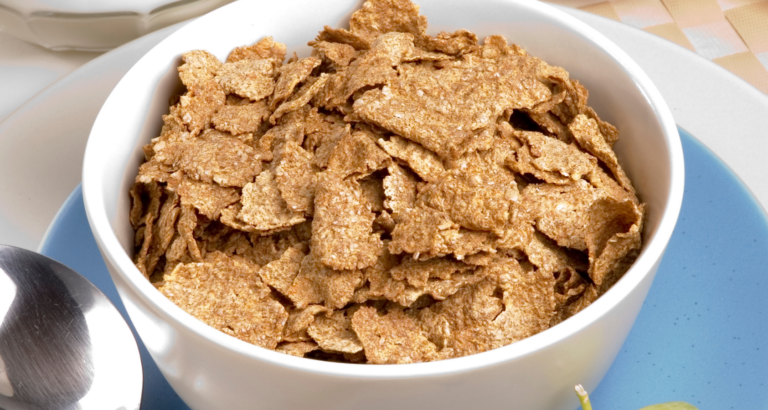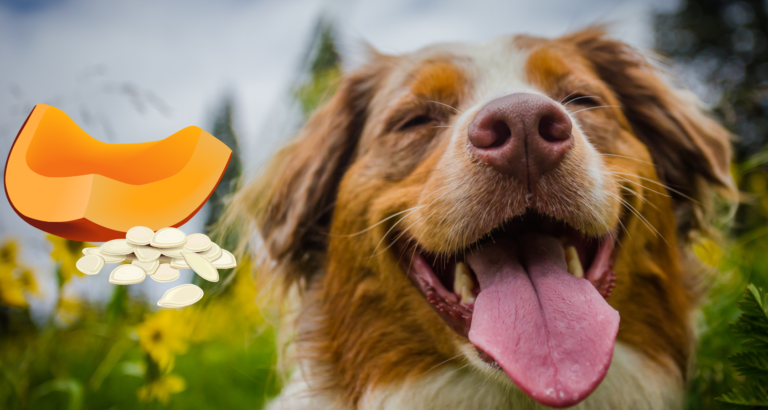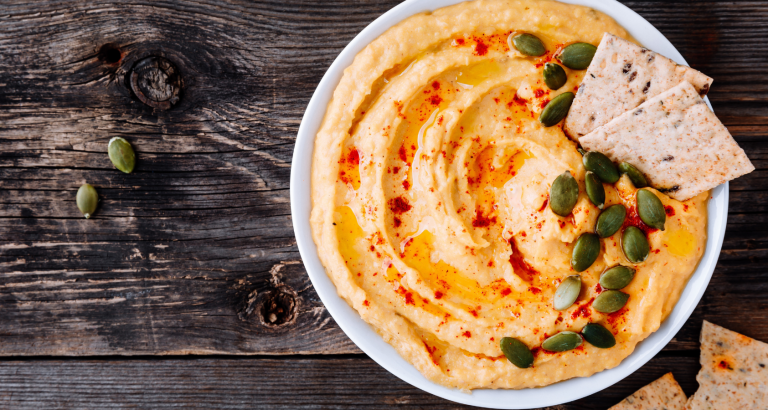Can Dogs Eat Brie Cheese? Will He Get Sick?
Last updated on March 22nd, 2023 at 05:12 pm
Reading Time: 4 minutesThis post may contain affiliate links. If you click and buy we may make a commission, at no additional charge to you.
Can Dogs Eat Brie Cheese?
If you are reading this article means, you are a devoted dog lover, and for every dog lover, dogs are not just pets. They are like a family member, and we love to share our hearts, home, and everything like indoor play, outdoor walks, traveling in the car, or watching movies in the room. Looking at the amount of time we spend with our canine companions, it’s natural for us to believe they can eat alongside us too. Any dog lover can not stop himself from offering something from his table, particularly true when you’re slicing cheese, and your four-legged companion is salivating and staring longingly at your meal.
When it comes to cheese (especially brie cheese), not only humans, dogs also love to eat it. You may wonder “can dogs eat brie cheese” or “is brie bad for dogs or not” or “how much brie cheese should my dog eat.” To get all the necessary information about brie cheese and dogs, continue reading this post.
What Is Brie Cheese?
Brie is basically a style of chees and not a protected name in itself. Out of almost 1800 varieties of cheese, Brie cheese is the most popular variety. Brie is a soft cheese, generally made from cow’s milk and named after the French town of Brie, from where it originated. It has a pale color with a slight greyish tinge under a white mold rind. The rind is usually eaten, with the flavor largely determined by the ingredients used and the manufacturing environment.
It is rich in calcium, protein, vitamin A (also some other vitamins), and minerals, making it a good choice to eat for any person.
Can Dogs Eat Brie Cheese?
Brie cheese is not suitable for dogs. The following two factors make it a “Not to eat” item for dogs.
- It’s a dairy product.
- It has high-fat contents.
Dogs cannot digest any dairy (or other lactose-containing) product, and also high fat intake therefore Brie Cheese is harmful to dogs. However, Brie Rind Is a different story.
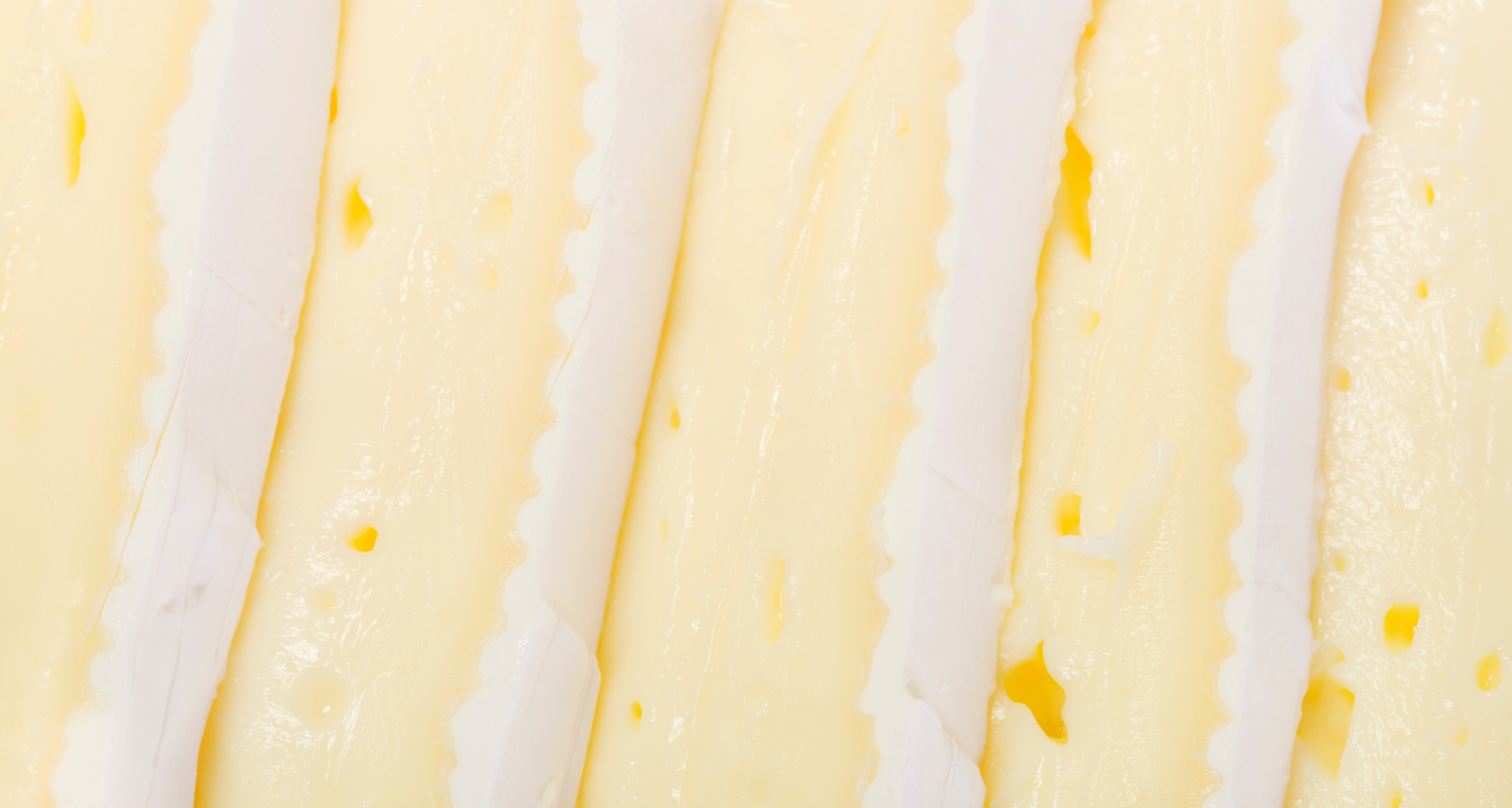
What If My Dog Ate Brie Cheese?
Eating a small amount occasionally is safe; therefore, make sure that no other family member is offering him at the same time. However, if your dog eats in large amounts or on regular basis, he may experience mild digestive signs (due to lactose intolerance) to life-threatening Pancreatitis (due to high fat intake).
Some common signs of lactose intolerance in dogs are:
- Bloating
- Abdominal pain
- Flatulence
- Dehydration
- Vomiting
- Diarrhea
- Weakness
- Weight loss
- Toileting accidents in the house
- Excessive thirst
Pancreatitis is an inflammation of the pancreas and a very painful condition. Some dog breeds are predisposed to Pancreatitis more than others. However, it is in your best interest not to imagine that your dog’s breed is pancreatitis-proof.
Some common signs of Pancreatitis in dogs are:
- Fever
- Weakness/lethargy
- Dehydration
- Loss of appetite
- Diarrhea
- Hunched back
- Repeated vomiting
- Abdominal Pain
- Abdominal distention
Can Dogs Have Cheese?
If we talk about Brie cheese, it is better to avoid it. As discussed above, due to its high fat contents, it can cause many health problems. But fortunately, there are some good alternatives available that are low in fat contents and are safe for dogs. These are safe for dogs does not mean that dogs can eat a lot or on a daily basis. Provide them cheese only as a treat occasionally, not as a part of the routine meal.
Alternatives To Brie Cheese Dogs Can Eat
Discussed below are four excellent Brie cheese substitutes.
- Cheddar
Cheddar is the most commonly purchased and consumed cheese in the world. It comes from English pastures and is made from cow’s milk. Cheddar has a medium-firm texture and a sharp, creamy flavor. If your shopping store sells only one kind of cheese, it’s most likely cheddar.
- Swiss
You may not believe that, but it’s a fact that Swiss cheese was first invented by Americans. It’s comprised of Emmental cheese, which has a similar flavor. Swiss cheese has a firm texture, a mild aroma, and hollow holes known as eyes in it. Interestingly, Swiss cheese without eyes is referred to as blind.
- Cottage Cheese
As you might expect, cottage cheese is thought to have been created in a cottage from remaining milk after making butter. It is very soft, lumpy, and mild in flavor. It can be eaten independently, but it is more commonly combined with other foods such as fruits or salads.
- Mozzarella
Mozzarella originated from Italy, and it is the cheese that is used chiefly on pizza. It is generally made from cow’s milk, white in color, and has a supple, elastic texture. It’s another variety, “Fresh Mozzarella, is creamier, smoother, and has a wet texture to it. Fresh Mozzarella is generally served at room temperature and is typically sold in water or whey brine to maintain its circular shape and moisture level for a longer period of time. Because Fresh Mozzarella contains a lot of water, it has lower fat content than regular Mozzarella.
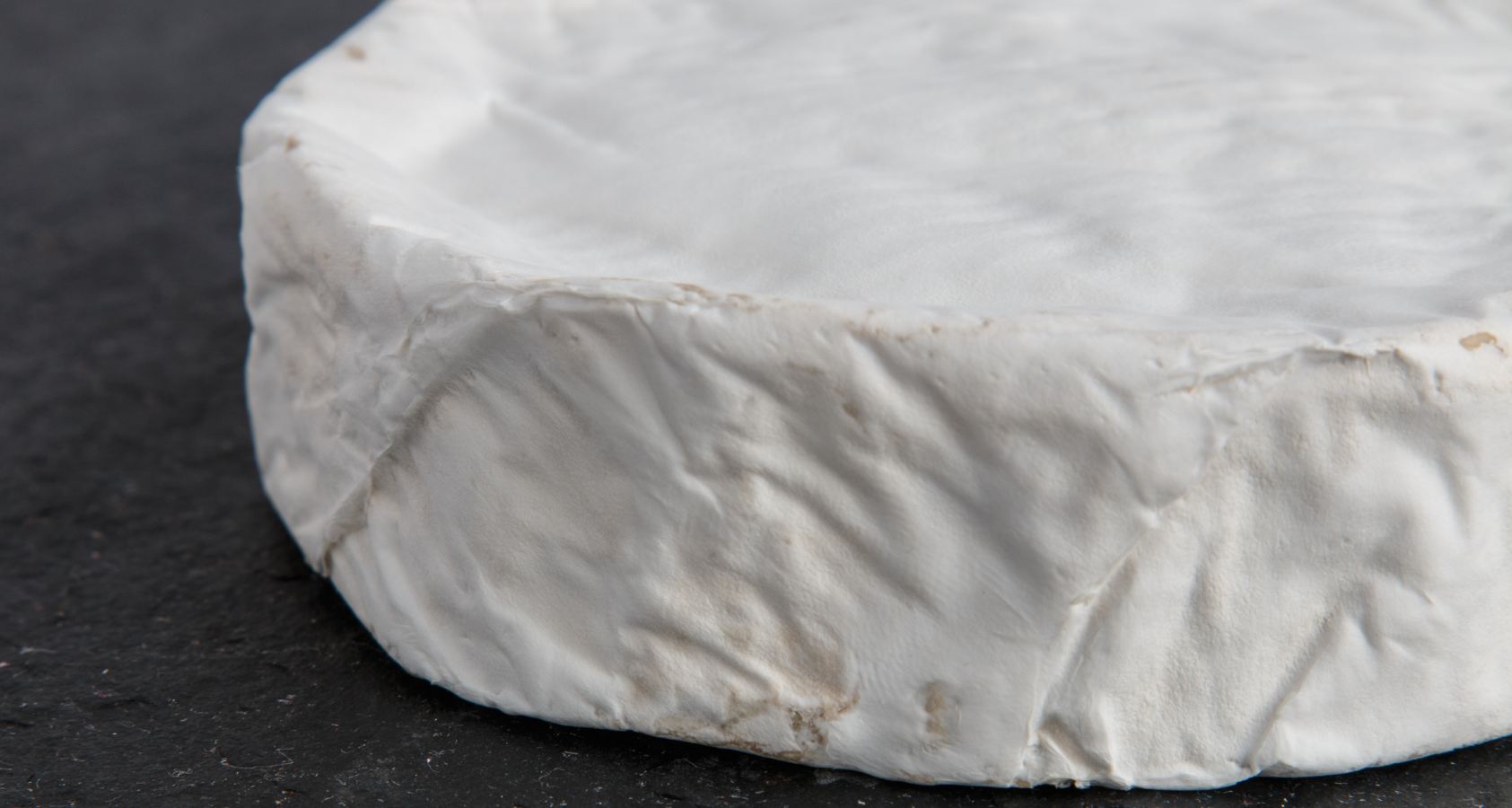
Conclusion
Although brie cheese is great in taste, it is not a good idea to feed it to your canine friend. It’s extremely high in fat and can cause long-term health problems. The best dietary option for your dog is to provide them with low fat cheese and other foods. Even if you are offering low fat cheese, only offer a small amount once in many days.
If you are not sure whether a food is good for your dog to eat or not, the best first step is to consult with your veterinarian.
About The Author
I'm a content writer and researcher. But bottom line, I loveee animals. I had my first animal which was a guinea pig at age 8. Later had a bunny, dog and a lot, a lot of fish. Writing about what I know about pets will allow me to share my knowledge and love for them with everyone else. Dealing with dogs my entire life, I know a lot.

